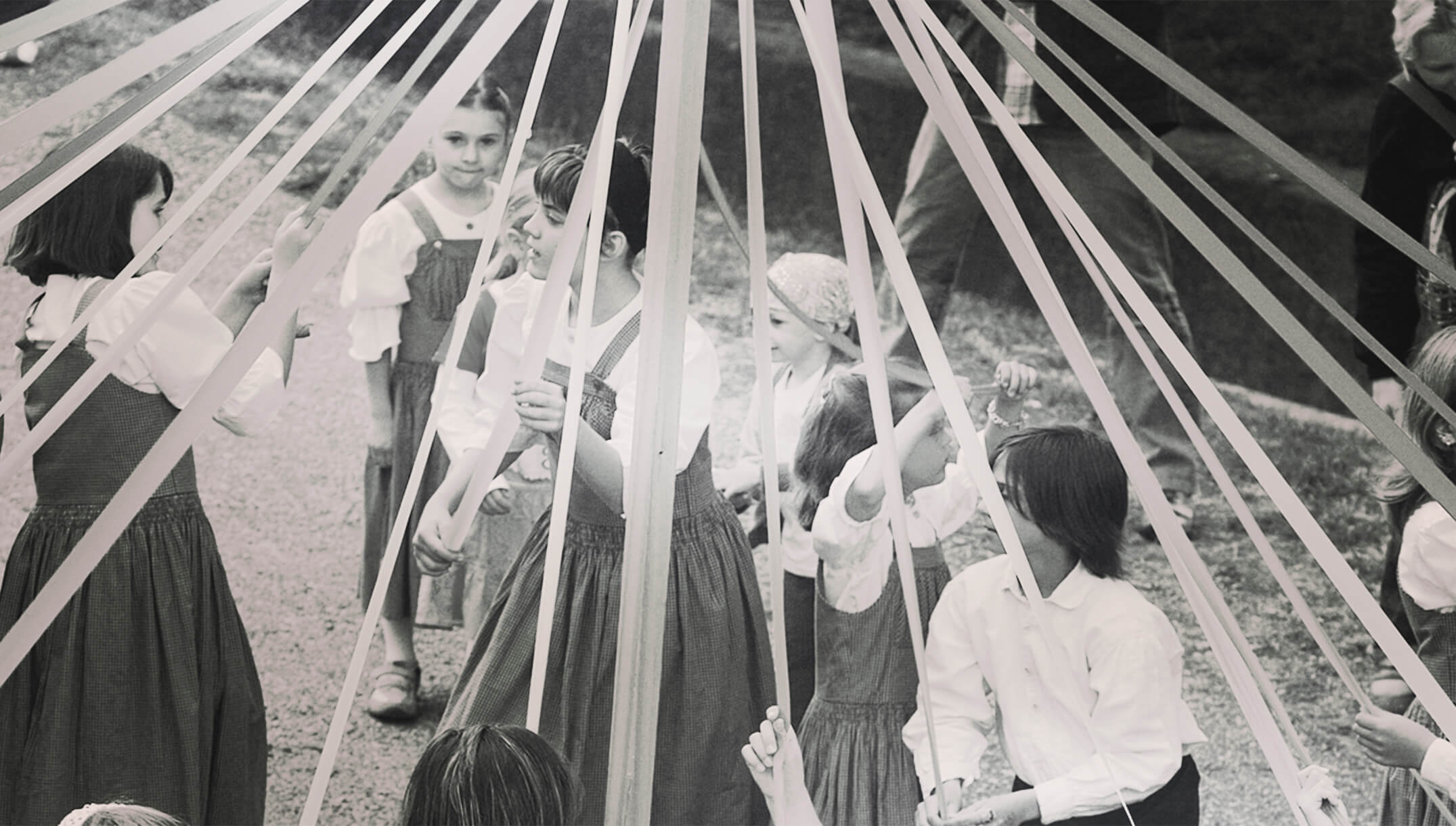Eduwood
Welcome to our website!
Wood architecture and furniture industry education tries to meet the requirements of the labor market and this poses a cross-border problem leading to students lacking motivation to leave school prematurely or to delay their graduation. However, education is not practice-oriented enough, project approach is not widespread enough and there are still too few practicing professionals involved.
The need for the experiential application of online tools is growing.With the realization of the project we support the practice-oriented, project-approach development of the wood architecture and furniture industry education of the border region. Our activities include the outlining of a structure-, regulation- and tool system that is the condition for institutionalized, long-term cooperation of cross-regional wood architecture and furniture industry education. Apart from massive open online courses (MOOC) a joint online educational platform will be created, with skill-share as its goal. We plan to increase student motivation by building social networks, by „providing experiences in education”. We provide a new, project-based tool in wood architecture and furniture industry education. We organize study circles, workplace presentations and summer camps for elementary school students to offer career guidance.
6 educational institutions, 20 SMEs and 120 people working in education will help us implement our goals. It is essential to involve industry players for this development because of the output needs and the practice-oriented approach. Project partners offer services for the teachers and students of the secondary and higher educational institutions working in wood architecture and furniture industry across the border thus creating cooperation. By signing cooperation contracts they build on the results of earlier projects.
The Wood Science Foundation implemented the project with a contribution of € 175 070.33 from ERDF and € 20 596.11 from national funds, and the Institute for Innovation and Trend Research with a contribution of € 103 253.75 from ERDF. The total ERDF contribution to the project was €278 324.08 and Hungary's national contribution was €20 596.11. The total cost of the project was € 327 440.10.


